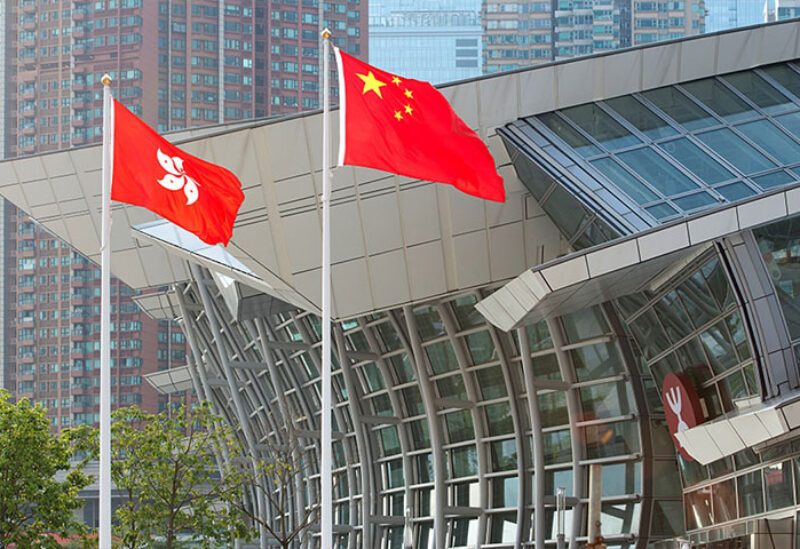
Hong Kong, China
China has passed several changes to Hong Kong’s electoral rules which will tighten its control over the city, according to state media.
The aim of the reforms is to ensure that only “patriotic” figures can run for positions of power. Critics warn it will mean the end of democracy in Hong Kong, keeping any opposition out of the city parliament.
The changes mean that prospective MPs would first be vetted for their loyalty to the mainland.
Beijing’s rubber-stamp parliament first approved the plan during the National People’s Congress (NPC) meetings earlier in March.
On Tuesday, Chinese state media reported that China’s top decision-making body, the NPC Standing Committee, voted unanimously to pass the plan. This amends the annexes of Hong Kong’s mini-constitution, the Basic Law.
Details of the plan, which will affect Hong Kong’s parliamentary Legislative Council (LegCo), are expected to be announced shortly.
Hong Kong’s leader Carrie Lam is due to hold a press conference on the changes.
There’s controversy over whether this would be a change to the Basic Law, which enshrines basic freedoms. It is an agreement struck between Britain and China when Hong Kong was handed back to the mainland in 1997.
The changes are written not into the Basic Law itself, but into its annexes, which Beijing has the right to do.
While Hong Kong’s pro-Beijing camp says the changes are not changing the constitution, the pro-democracy side insists they do.
“Technically, it’s not a change to the Basic Law,” Ian Chong, politics professor at the National University of Singapore, told the BBC.